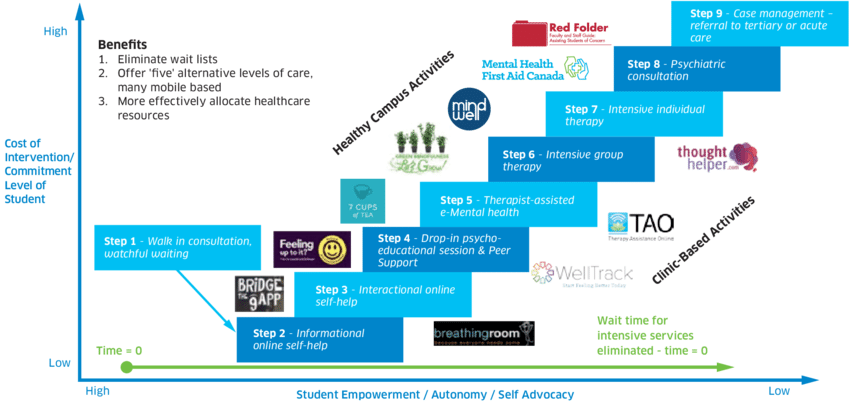A thread on GRIT, and @LifeAtPurdue putting profits & PR before people.
#NothingAboutUsWithoutUs #boilersagainstausterity #protectpurdueworkers
1/15
#NothingAboutUsWithoutUs #boilersagainstausterity #protectpurdueworkers
1/15
@LifeAtPurdue has gained some notoriety for promoting the concept of "GRIT," which is broadly defined as "resilience in the face of adversity," leading to eventual success. Not too bad, right?
Wrong.
2
Wrong.
2
The thing about resilience that the GRIT narrative doesn't acknowledge is that having access to support is a major piece of the "success" equation.
GRIT (and "personal responsibility" / "rugged individualism") all draw the conversation away from systemic factors...
3
GRIT (and "personal responsibility" / "rugged individualism") all draw the conversation away from systemic factors...
3
...that makes success more accessible for those with (racial, economic, abled) privilege. The GRIT narrative puts the blame for failure on marginalized individuals, rather than taking on the responsibility of creating a system that works for everyone.
4
4
GRIT, as it has been promoted by @purduemitch everywhere from commencement speeches to the Washington Post, isn't just resilience, it's stoicism: putting up with hardship without complaint, and without asking for help.
5
5
We can see this from the comments Mitch made denigrating a student who sought out an appointment with campus mental health resources they knew they would need before arriving.
That's resilience! Knowing you need support & taking action to get it is strong, and GRITty as hell!
6
That's resilience! Knowing you need support & taking action to get it is strong, and GRITty as hell!
6
Why, then, would @purduemitch criticize this student?
Because the point of the GRIT narrative isn't about cultivating health and resilience, it's about *not reaching out for support.*
7
Because the point of the GRIT narrative isn't about cultivating health and resilience, it's about *not reaching out for support.*
7
@LifeAtPurdue's mental health clinic, CAPS, has been subject to the same austerity policies as everything else on campus. It serves the population of ~45000 undergrads and grad students, with fewer therapists per capita than other Big10 schools (last time we checked)
8
8
CAPS recently adopted "stepped care" model--that prioritizes resources based on tiered levels of need. So, at the lowest level of need, you get a mood tracking app. At the highest level of need, you're referred off campus. See picture for deets (img courtesy of Lori Wozney)
9
9
Which is great...unless there aren't enough resources at each level of care to meet the population's needs.
For example, if too many people need individual therapy but there aren't enough therapists, a lot of people who need individual sessions won't get the right care.
10
For example, if too many people need individual therapy but there aren't enough therapists, a lot of people who need individual sessions won't get the right care.
10
They might be referred to group therapy (even if they really need individual therapy), or sent to find a therapist off campus, where waiting lists are often 6+ months. They may get so frustrated they stop trying to get any care at all.
11
11
These issues were common complaints we heard in early 2020, when we collected our first mental health resources survey.
And they are a direct consequence of austerity.
11
And they are a direct consequence of austerity.
11
What's the solution?
A) Increase supply: hire more therapists & pay enough to retain them
B) Lower demand: Change the toxic cultures of your work sector and your campus to decrease demand
C) Lower demand: publicly shame students for getting help
@LifeAtPurdue chose "C."
13
A) Increase supply: hire more therapists & pay enough to retain them
B) Lower demand: Change the toxic cultures of your work sector and your campus to decrease demand
C) Lower demand: publicly shame students for getting help
@LifeAtPurdue chose "C."
13
It took collective action to make the administration reconsider.
By organizing alongside the racial justice org Justice Alliance for Momentum (JAM), we were able to put enough pressure on the university to force change. Purdue hired 9 new therapists. During a hiring freeze.
14
By organizing alongside the racial justice org Justice Alliance for Momentum (JAM), we were able to put enough pressure on the university to force change. Purdue hired 9 new therapists. During a hiring freeze.
14
The moral of the story:
Bosses would rather pay for a PR campaign than pay for anything that might empower workers.
*Collective* action and solidarity is the only way to win.
#protectpurdueworkers #boilersagainstausterity #nothingaboutuswithoutus
15/end
Bosses would rather pay for a PR campaign than pay for anything that might empower workers.
*Collective* action and solidarity is the only way to win.
#protectpurdueworkers #boilersagainstausterity #nothingaboutuswithoutus
15/end

 Read on Twitter
Read on Twitter



